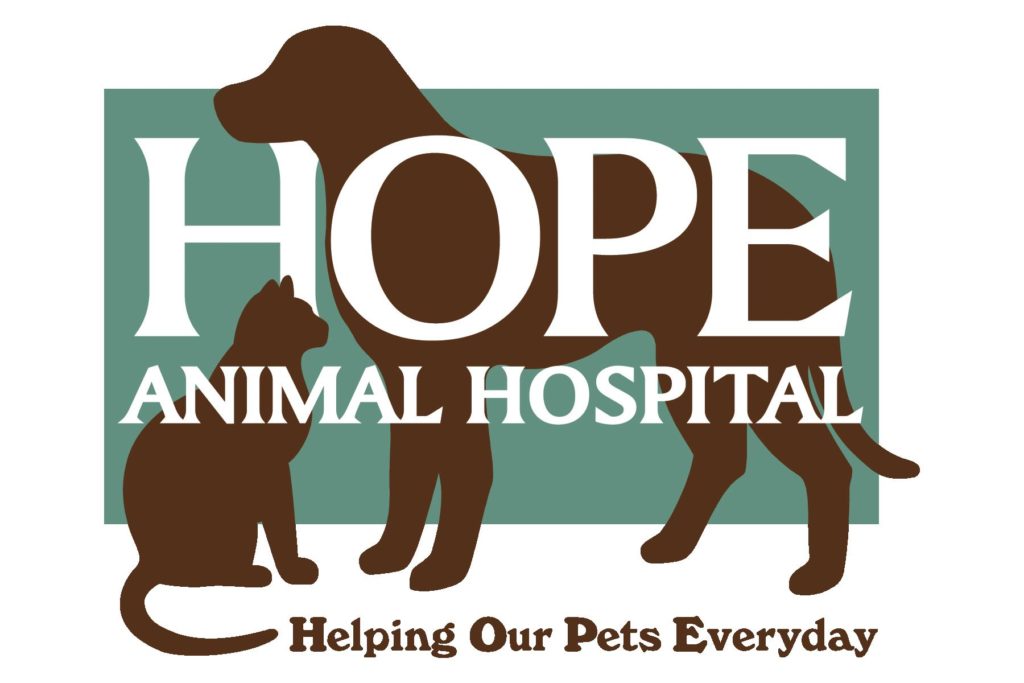Library
-
Body condition scoring is an effective objective method of determining if a pet is at a healthy weight. There are 2 scoring systems: one out of 5 and the other out of 9. This handout outlines how to body condition score pets and recommends tracking body condition score to keep pets at a healthy weight, an important factor in pets living longer with less health complications.
-
Having a litter of puppies is an exciting event, but not without its responsibilities. At appropriate ages, puppies should be dewormed and start their vaccine series. They can start making their way to new homes by eight to ten weeks of age.
-
This handout summarizes the care of the pregnant dog and the puppies following birth. Topics include eye care, diet, and instructions for weaning the pups at the appropriate time.
-
Although most dogs will give birth without the need for human or veterinary assistance, certain problems can arise which require veterinary attention. It is essential to closely monitor your pet during birthing and seek veterinary care if you have any concerns.
-
For the next two months, even if everything went smoothly with the birth, you have a lot of work to do! This includes keeping the whelping area clean and dry, closely monitoring the health of the mom and pups, and assisting with feeding and care of the pups as necessary. It is important to have the mother and puppies examined by your veterinarian within 48 hours of birth. The pups should be weighed regularly to make sure they are gaining weight. The mother can experience serious health problems including mastitis and eclampsia, needing emergency veterinary treatment.
-
This handout is a basic care guide for pregnant dogs, outlining changes in nutritional requirements and physical activity, and pregnancy testing.
-
This handout summarizes whelping (giving birth) in dogs. Instructions for preparing your pregnant dog for delivery and how to assist her if necessary are outlined. Situations requiring veterinary assistance are also described.
-
Breeding dogs is a great responsibility that should not be done just because an owner wants puppies from their beloved dog. Important considerations are discussed. Many puppies are abandoned at dog shelters because of inappropriate breeding practices. There are usually many dogs looking for homes and an owner can find the dog they are looking for through shelters or rescue organizations.
-
It is estimated that over 80% of dogs over the age of three have periodontal disease (infection of the tissues surrounding the teeth). Brushing three times a week is the minimum recommendation to help remove plaque and prevent tartar accumulation. To be successful at brushing your dog's teeth, you must make it a positive experience for both of you. Do not use human toothpaste or baking soda. A list of dental products and diets that have been accepted by the Veterinary Oral Health Counsel can be found on www.vohc.org.
-
Recommendations for New Puppy Owners: Veterinary Care
Nos gustaría felicitarle por la adquisición de su nuevo cachorro. Ser propietario de un cachorro es una experiencia extremadamente satisfactoria, pero además conlleva cierta responsabilidad. Esperamos que estas notas que le ofrecemos le sean de ayuda. Si tiene alguna pregunta relacionada con cualquier tema sobre la salud de su cachorro, por favor no dude en ponerse en contacto con nosotros.

